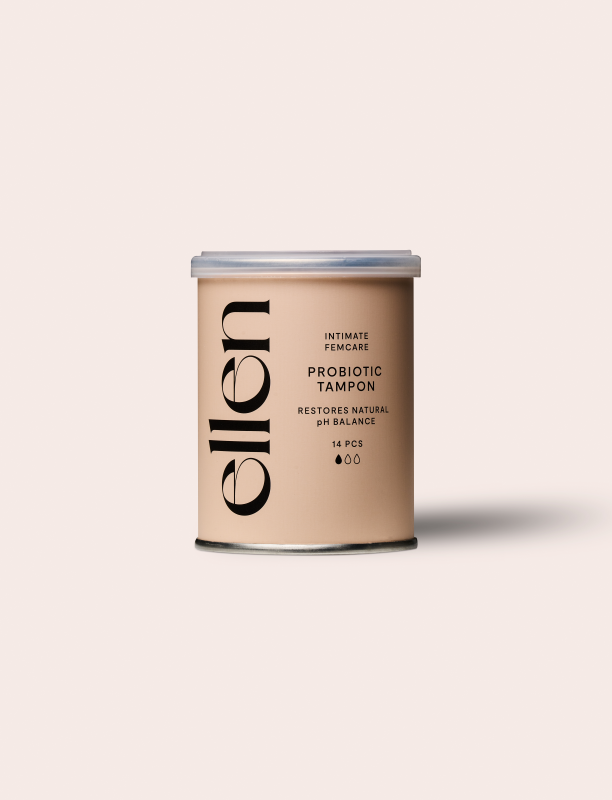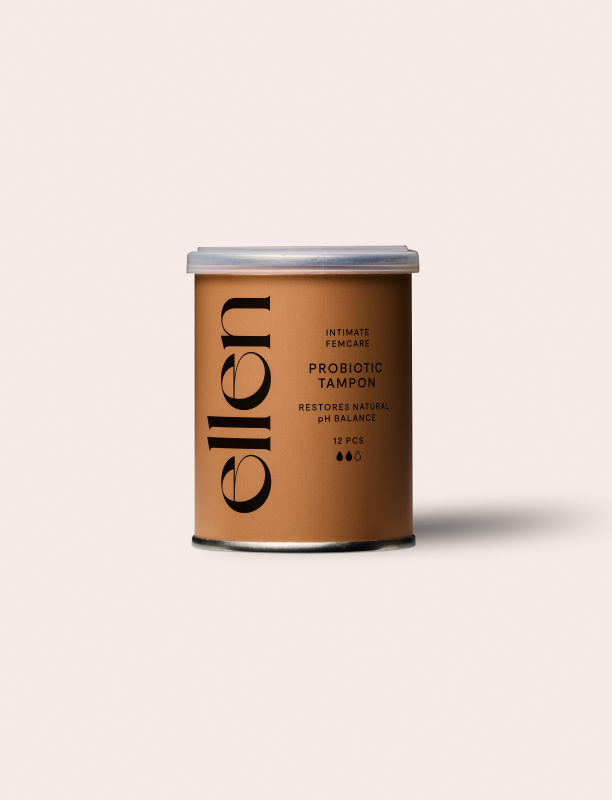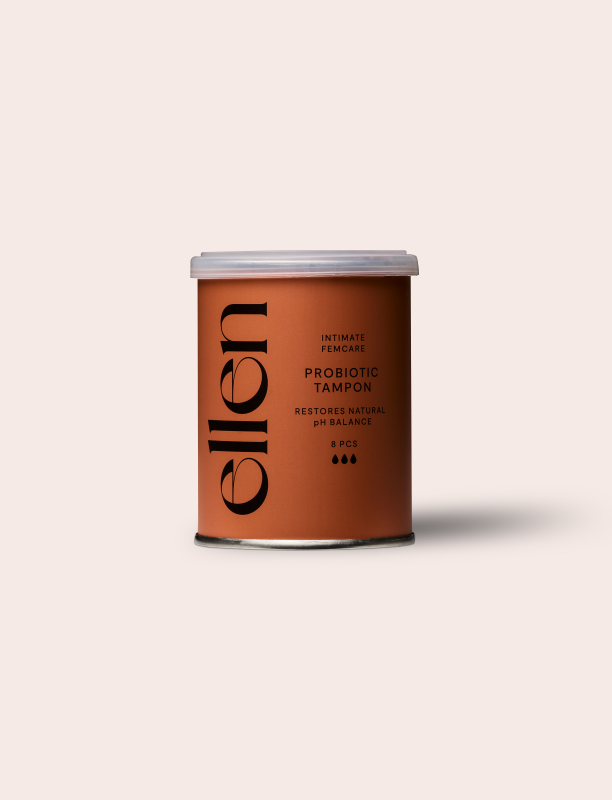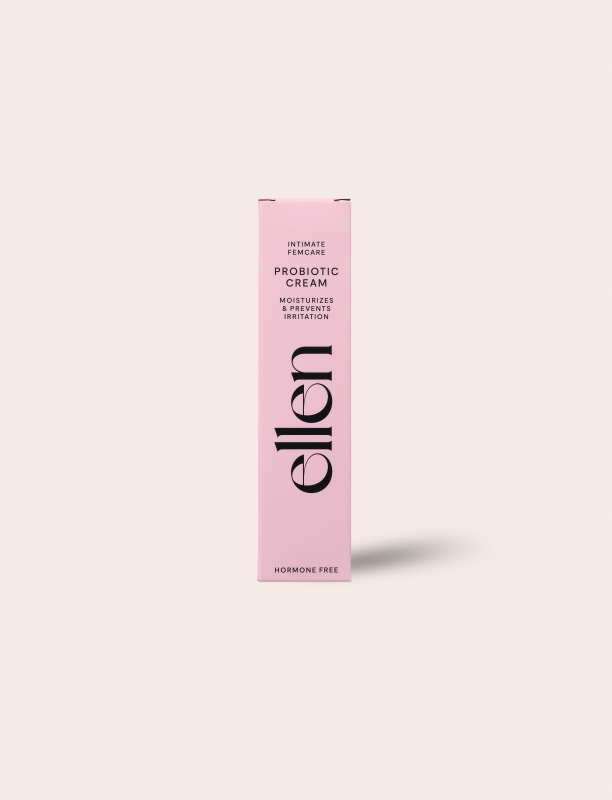Intimate Care School
The period
The vagina & vulva
The menopause
Imbalance & discomfort

Vaginal yeast infection
A vaginal yeast infection is both common and harmless. It usually goes away on its own within a few days. However, it can be very difficult with such a vaginal imbalance.

How do you get a vaginal yeast infection?
A vaginal yeast infection is usually caused by a form of yeast fungus, usually Candida albicans, a natural component of the human digestive tract. Some women have a yeast component in their vaginal secretion without any discomfort, but it can occasionally cause a yeast infection. It is not known what causes the yeast infection. Some women develop a fungal infection after treatment with antibiotics or in connection with their periods or pregnancy due to hormonal changes.
Yeast infection symptoms
- Irritation, burning and redness
- Swollen and brittle mucous membranes in the vagina, which bleed more easily than usual
- A burning sensation when urinating or pain during intercourse
- Sometimes you may get a white discharge from the vagina that resembles cottage cheese, or the discharge may be very thin, or you may have no increased discharge at all
Factors said to increase the risk
- Intercourse
- Antibiotic treatment
- Changes in the vaginal pH
- Hereditary factors
- Transfer of yeast from the gastrointestinal tract
- Weakened immune system or stress
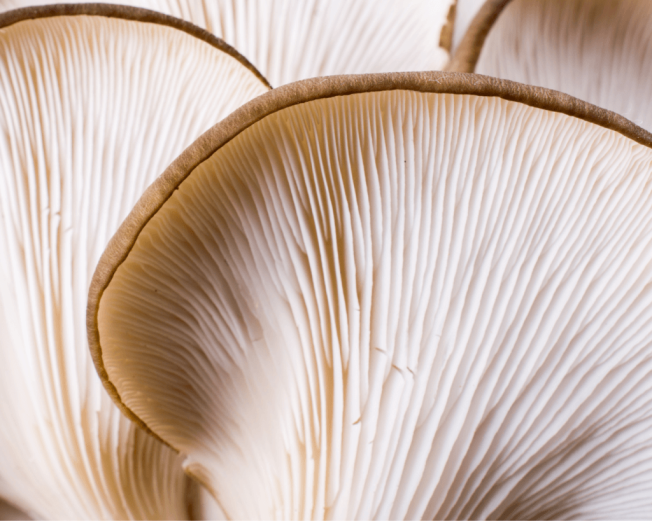
Is a vaginal yeast infection contagious?
A vaginal yeast infection is not transmitted through, for example, toilet visits or oral sex. It is also uncommon for a vaginal yeast infection to be transmitted through vaginal intercourse.
Check your vaginal pH
If you feel unsure of your vaginal pH-balance you can use ellen® Vaginal pH-Control® to check your vaginal pH value. An unbalanced pH value can be a contributing factor to vaginal problems.
Use probiotic tampons during the period
During menstruation when the lactic acid bacteria often decrease in number, you can help your vagina to stay pH balanced. By using ellen® probiotic tampon, you add the same lactic acid bacteria that are naturally found in a woman’s healthy vagina and that help maintain the pH balance.
Lubricate with a probiotic intimate cream
ellen® Probiotic Cream is a moisturizing and pH-balancing intimate cream that prevents irritation. The cream contains the same natural lactic acid bacteria found in a woman’s healthy vagina, which help maintain the pH balance.
Seek help
Seek help from a gynecologist or health centre if you experience vaginal imbalance or discmomfort.


